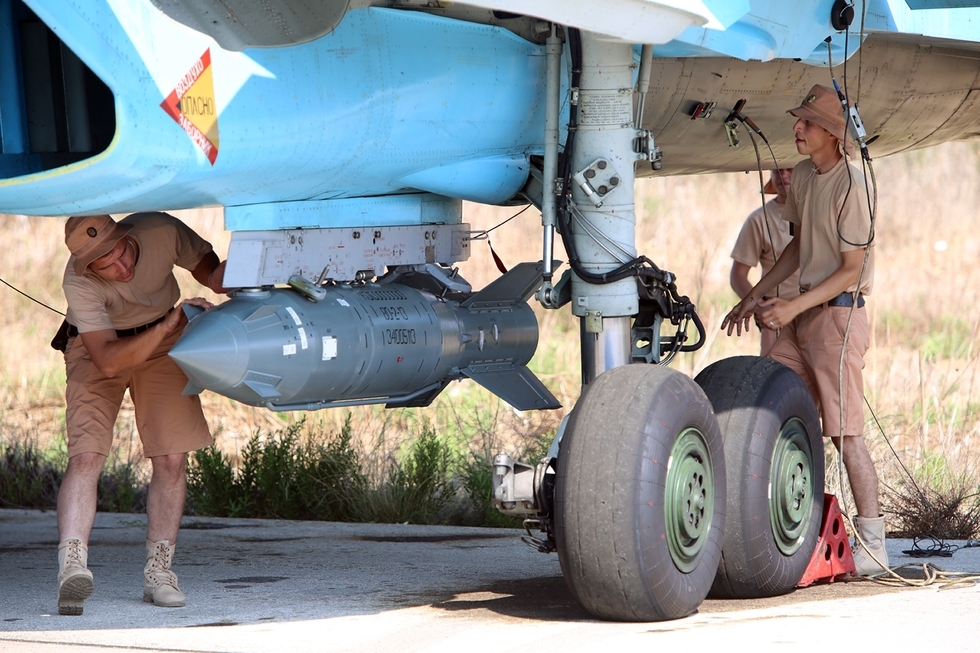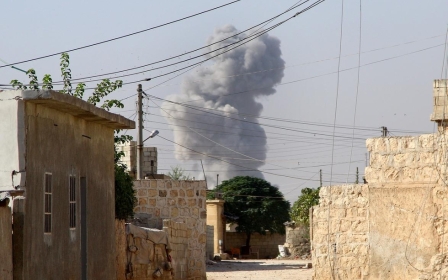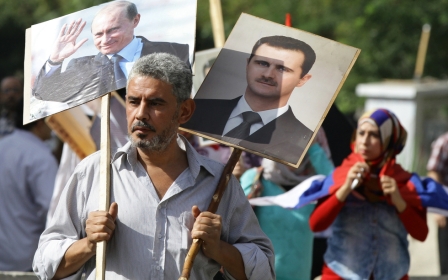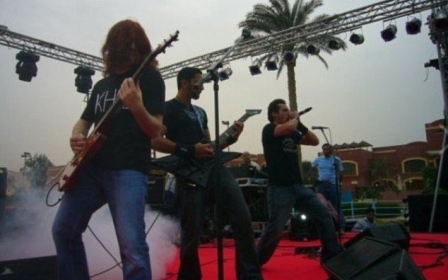Dozens killed in Russian air strikes on Latakia

Around 120 people, including women and children, were killed or injured on Monday as a result of Russian air strikes on the Latakia countryside, said the Syrian Observatory for Human Rights.
The death toll from the attacks remained unclear on Tuesday morning. AFP reported that at least 45 people were killed with the observatory saying that the death toll is expected to rise because of many who are seriously wounded or missing under the rubble.
“Among [those killed] were civilians, but we do not have a precise number,” said the observatory’s director Rami Abdel Rahman. A rebel commander and families of opposition fighters are among the dead, he said.
The air strikes targeted the Jabal al-Akrad area, where the Syrian army supported by the Hezbollah militant group and armed opposition groups were fighting on the southern outskirts.
The province, which is under government control and includes the home village of Syrian President Bashar al-Assad, has been an important target for Russian air strikes since Moscow began its bombing campaign in Syria last month.
Russia, a key supporter of the Assad government, said its air strikes are targeting the Islamic State group but opposition groups have countered that instead, it is rebel groups - many of them supported by the West, Saudi Arabia and other Gulf monarchies - that are at the receiving end of Russia’s aerial attacks.
Rebel groups in Latakia’s northern countryside are a combination of Free Syrian Army troops and the Army of Conquest coalition formed by Ahrar al-Sham and al-Nusra Front.
“We have said that after the formation of the governing council Bashar al-Assad will have to leave,” Jubeir said.
"Whether it's today, whether it's a week, whether it's a month, it's up to the Syrian people, but from the very beginning it's clear that Bashar al-Assad has no future in Syria," Jubeir said.
The governing council, which would run Syria's state institutions and pave the way for elections during a transition period, was proposed under a UN-sponsored Geneva 1 peace initiative in 2012.
Jubeir said the body can be formed while Assad is in office, "but once it's set up and running, there is no role for him".
Less than six weeks ago, Jubeir hinted that military action might be used to forcibly remove Assad from power.
“There are two options for a settlement in Syria,” Jubeir said to journalists at the UN general assembly on 30 September. “One option is a political process where there would be a transitional council. The other option is a military option, which also would end with the removal of Bashar al-Assad from power.”
New MEE newsletter: Jerusalem Dispatch
Sign up to get the latest insights and analysis on Israel-Palestine, alongside Turkey Unpacked and other MEE newsletters
Middle East Eye delivers independent and unrivalled coverage and analysis of the Middle East, North Africa and beyond. To learn more about republishing this content and the associated fees, please fill out this form. More about MEE can be found here.




